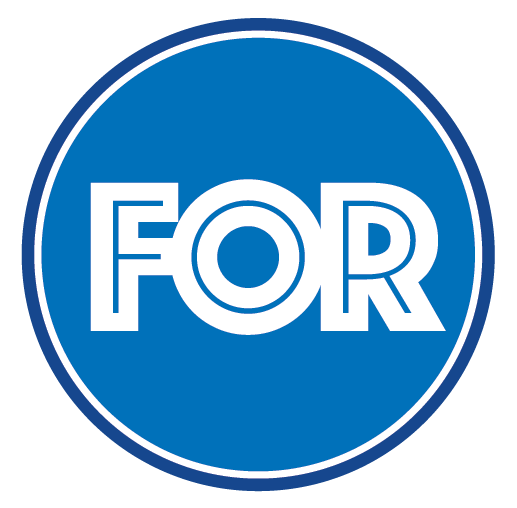Increase The Personal Needs Allowance (PNA)
Download our 3-page PDF background paper on the Personal Needs Allowance increase. (Created in 2019)
The Personal Needs Allowance (PNA) is the monthly sum of money that residents who receive Medicaid may retain from their personal income. Any income above the allowance is applied toward the cost of their care. The amount and what expenses are expected to be addressed differ for residents in nursing homes vs residents of assisted living facilities.
On Friday, September 22, 2023, the North Carolina House and North Carolina Senate passed House Bill 259 2023 Appropriations Act, the state budget. This comes after months of behind the scenes negotiations. Governor Cooper announced he would let the budget become law without his signature.
Included in the state budget was FOR's public policy priority to increase the Personal Needs Allowance for nursing home residents! We are thrilled with this update. Thank you to everyone who helped make phone calls and contact their legislators about this important priority. This is a major victory for many nursing home residents!
The 2023 PNA increase was the first time it was increased since 1986 for nursing home residents. Prior to this, North Carolina opted for the federal minimum PNA for nursing home residents ($30). Nursing home residents use their funds to buy clothing, hair dressing, snack foods, activity expenses or other personal expenses. The increase will be from $30 to $70 for individual Medicaid recipients who are in facilities and from $60 to $140 for married couples who are Medicaid recipients when both spouses are in facilities.
For assisted living residents the $46 PNA was increased to $70 in 2022 (it had not been increased since 2003 prior to that change). There are a number of items assisted living residents have to use these funds for that are covered expenses in nursing homes. Most important are individual toiletries and co-pays on prescription drugs.
Since 2006, Medicaid assisted living residents were required to have a co-pay for prescription drug benefits (an average of over $17 per month). No adjustment was made to cover drug co-pays. In addition to prescription drugs, residents use their personal needs allowance to pay for other over-the- counter medications, haircuts, clothing, shoes, individual toiletries (shampoo, deodorant, tooth brushes, toothpaste, lotion, etc.) and snack foods. Residents often end up with no spending money at all after paying for all essential personal items and facilities often subsidize the costs of these items on behalf of their residents. Some do, and some don’t.
Learn more about the Personal Needs Allowance in this Podcast from The National Consumer Voice in August 2025 featuring FOR Board of Directors Member, Bill Lamb!


